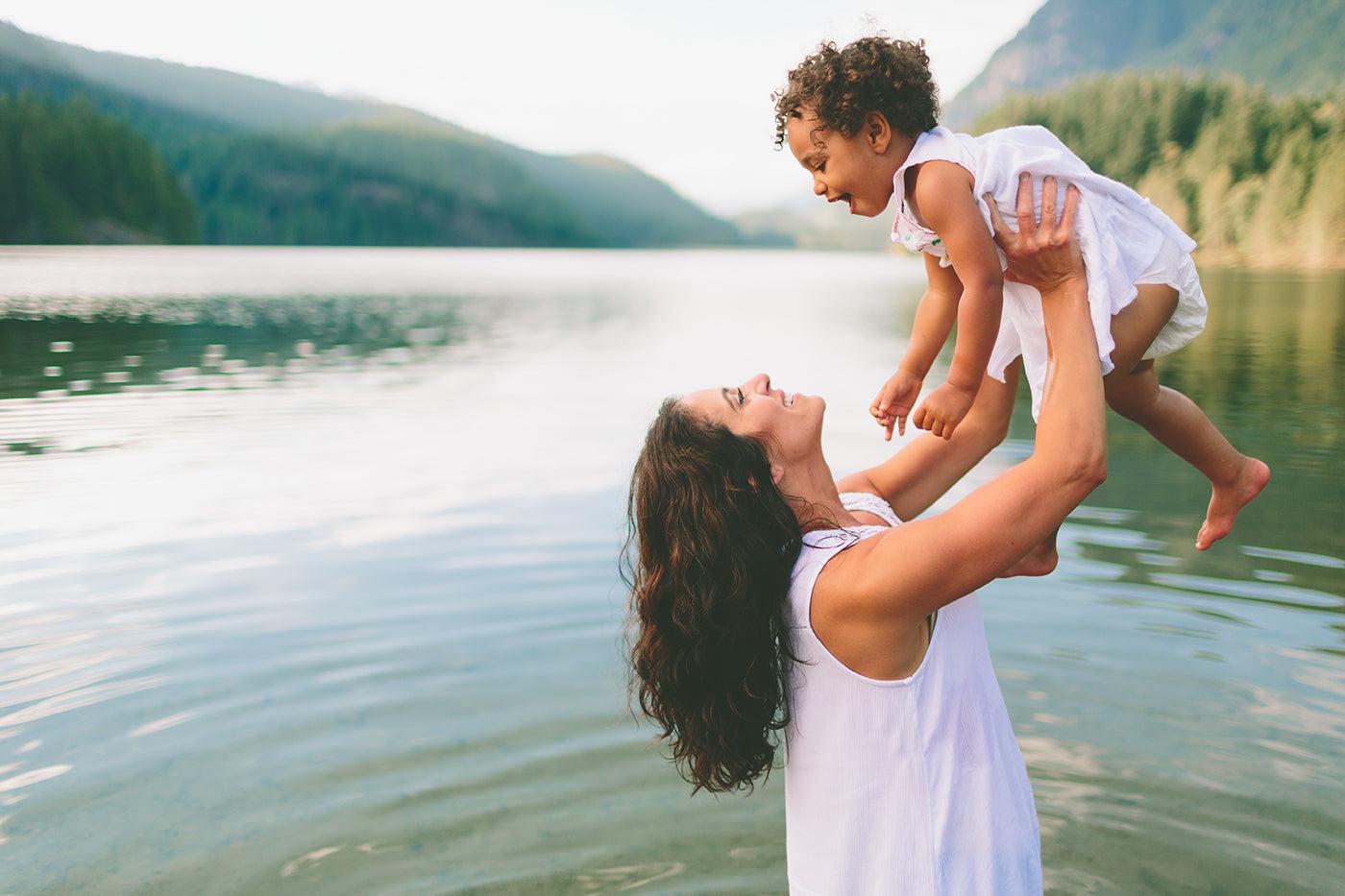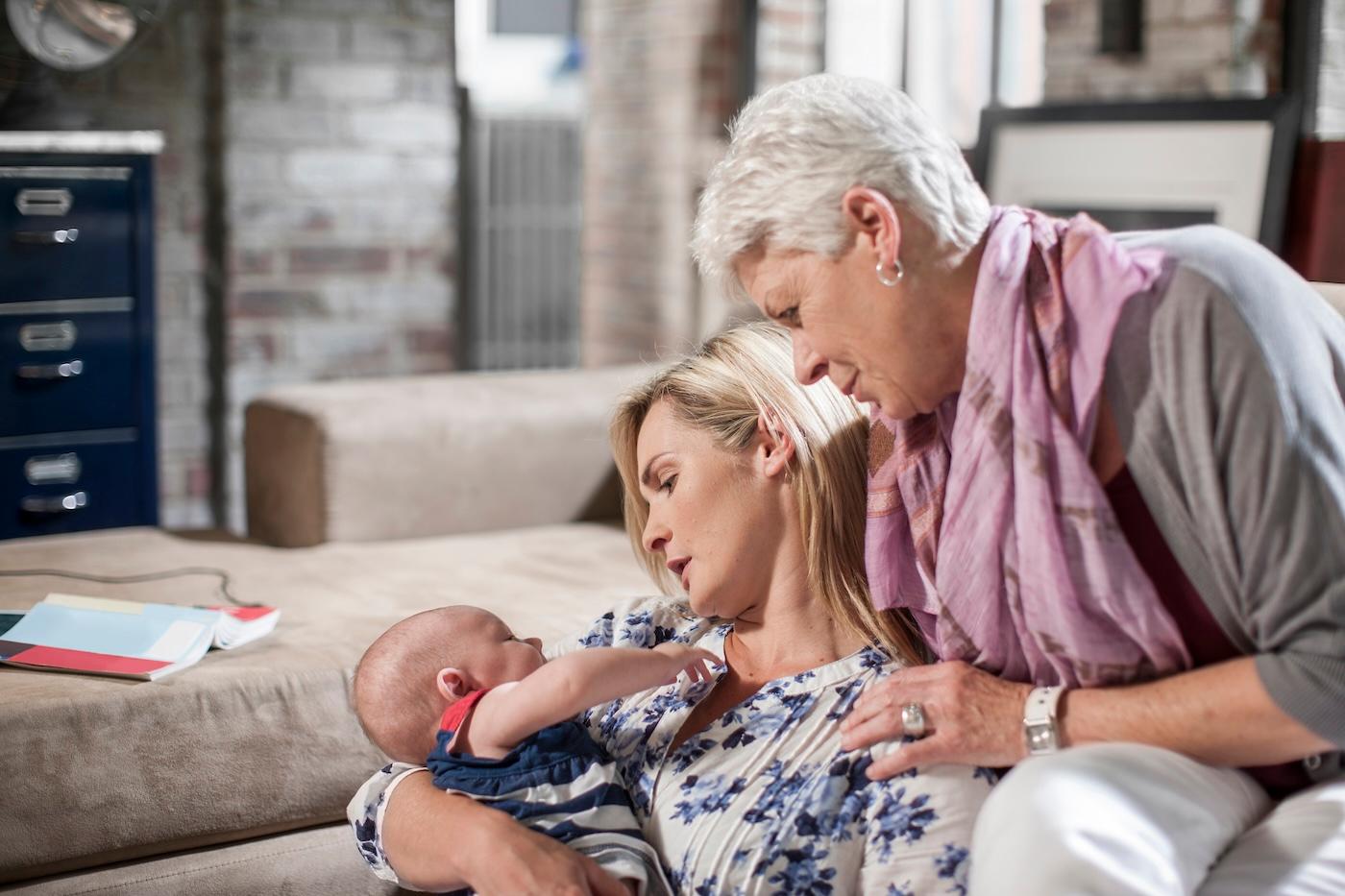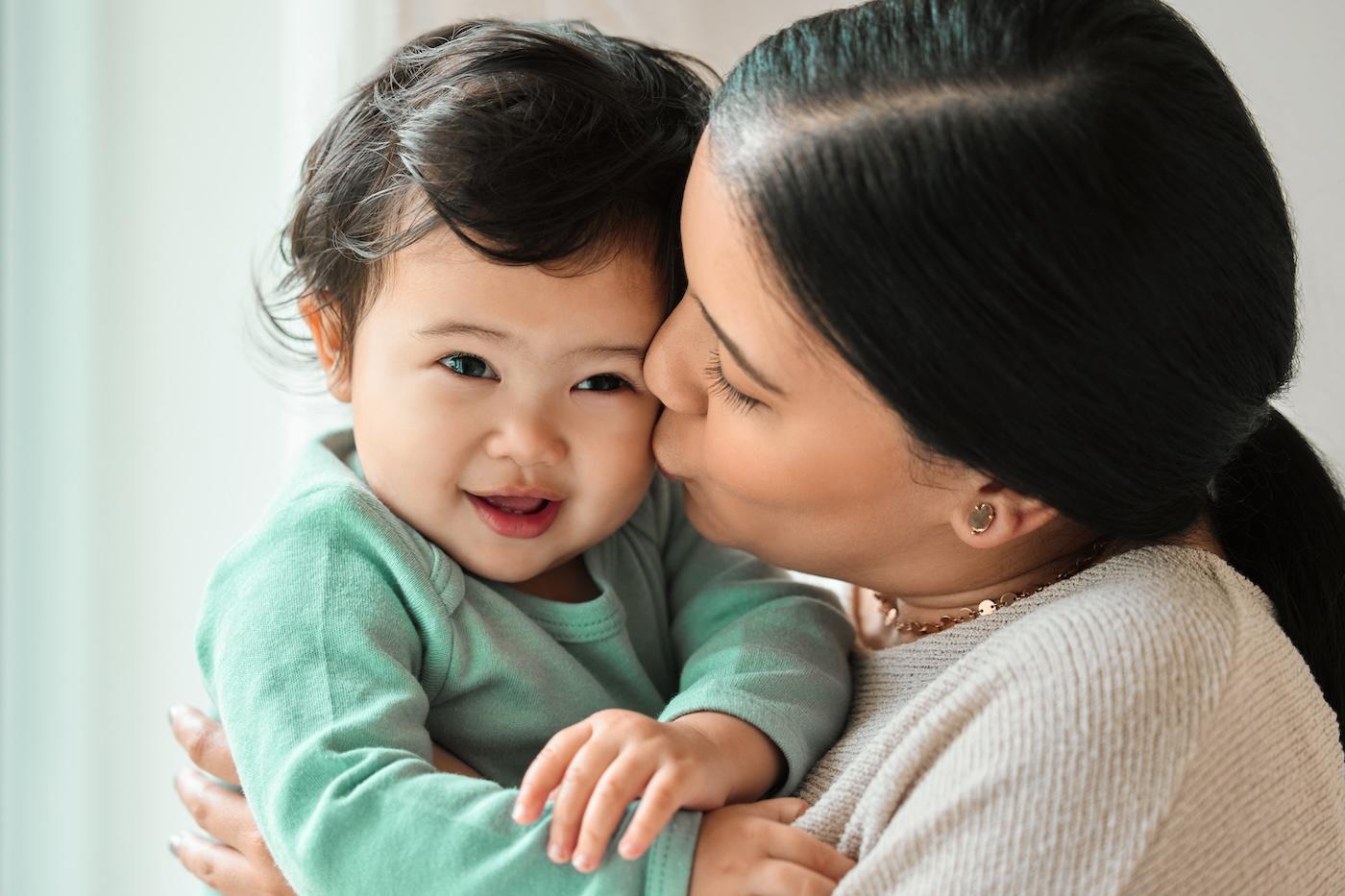PARENTS
Spiritual Life Lessons to Teach Your Kids
Ariane De Bonvoisin spent a decade helping grown-ups learn valuable life skills—like adaptability, intuition, and self-love—and now she is helping kids learn those lessons, too.

Written by
Happiest Baby Staff

Author, speaker, and coach Ariane De Bonvoisin has spent more than a decade teaching adults 'below-the-neck lessons'—that is, all of the stuff that has less to do with the mind, and more to do with the heart and spirit (like how to adapt to change or hone our intuition). It was a career path she forged for herself after realising that in her own education, those life skills were always secondary to traditional education.
'It’s funny that people call them soft skills when really they should be called strong skills,' she jokes.
Then, she had a big revelation. 'I realised that all our wounds as grown-ups often trace back to when we were kids,' she says.
She adapted these life skills into spiritual lessons for children, which she has since shared in her TED Talk, and in her best-selling Giggles & Joy book series, as well as through her coaching sessions.
![[object Object]](https://cdn.sanity.io/images/301lhh0a/production/30e311115ca83bce4dc6303589966b416d06e535-480x160.jpg?w=1080&auto=format&q=75&fit=max)
So, what is a spiritual lesson, exactly?
'The lessons are really about remembering the child’s spirit. That part of them which is pure love, heart, light, beauty, presence. Not their behaviour, or gender, or age, or grades, or talents,' Ariane explains. 'It’s nothing on the outside. It is an internal place of joy. It can be a connection to a higher power, energy, grace, divinity, nature…but it goes beyond just little me.'
Even for adults, the concept of the spiritual might seem too lofty or complex to grasp, leaving parents wondering how they could ever impart such big ideas on little kids. But Ariane says it is not so complicated!
'Spiritual is about being connected to everyone else, the planet, your friends. Kids easily get that. They already are spiritual. For me it’s more about keeping this part in them alive, before life tells them the goal of life is about something else—good grades, being good at sports, getting into college, getting married…whatever,' she says.
4 Spiritual Life Lessons for Kids
Wondering where to start imparting these spiritual life lessons? Here are a few of the below-the-neck life skills that Ariane helps kids (and their parents!) build:
Self-Love
Ariane considers self-love to be the container of all other spiritual lessons. 'We are obsessed with teaching kids to be kind to others, but their own inner-dialogue, what they say to and about themselves, is what needs to be fertilised the most,' she says. “Adults I coach have terrible self-critical voices and behaviours. So, I teach kids what being kind to themselves looks and sounds like and what it doesn't.”
She also teaches self-love and self-kindness by having children practice saying nice things to themselves, like I am a great kid; I am super creative; I am really funny. (There is a helpful poem on self-kindness in Ariane’s first book, Giggles & Joy.)
Dealing With Big Emotions
'Emotions run our lives, and yet we do so little with kids and emotions. We don’t allow them to have a bad day or be grumpy or have meltdowns. We allow this till they are around 2, and then we start cutting the emotional range down more and more with each passing year,' Ariane says.
Instead, she likes to give emotions a voice, making them more tangible for kids to understand and deal with. She encourages children to do a body scan, figure out where the emotion lives—even go as far as to give it a colour or a name or to tell her what it would say if it could speak. This helps kids feel heard and express themselves. Then she will ask if they are ready to let it go (though she stresses there is no rush). When a child is ready to let go of that sadness, fear, anger, she has them mime pulling it from their bodies like slime or glue. Then, they can send that dark emotion back into the light.
Intuition
Intuition is like our inner-navigator, and yet, we spend little time cultivating it, Ariane says. 'We cut kids off from themselves, their inner world. Suddenly everything that matters and is important is on the outside.'
But kids are naturally very intuitive, she stresses, and helping that intuition grow lets them learn to trust themselves. For parents, building a child’s intuition can be as simple as asking, 'what do you feel?' and then quietly listening to their answer instead of rushing in with an explanation. 'Validate them. Sometimes that’s enough. You want to hear what they think first without telling or teaching them anything.'
Adaptability
'We forget that children have no skills to deal with change. Most parents protect kids from change,' Ariane says, but she encourages parents to fight that instinct. She likes to teach children that they have a 'change muscle' which they can strengthen every day (in fact, her own son works on building his every morning!). She likes to show kids that something good can come from any change. This helps develop the resiliency they need to cope with disappointment and challenges.
Another strategy for raising an adaptable kid is to be your child’s 'change support team'—and making sure they know they can rely on you for help. 'The worst thing we do as adults is feel we are alone,' Ariane says. 'The sooner you get into the mind of a kid that they are never alone, that’s when they ask for help. Parents are terrible at asking for help, so you have to teach it very young.'
How to Teach Spiritual Life Skills
'Teaching' spirituality does not involve a chalkboard or long lectures…or really any teaching at all, according to Ariane.
'You don’t really teach these skills. You are them. And you know you’re successful in teaching them when you have embodied them for yourself,' she says. 'The most important thing for a kid is for parent to be happy. So, parents, are you focused on what brings you joy? It’s not selfish. The best thing you can do is give them a happy mum or dad…that will teach them so much.'
With her books and lessons, Ariane hopes she is giving parents tools to frame life circumstances—including the painful, messy, emotional stuff—in a way that kids naturally feel is right in their hearts.
'All kids think they are amazing until they are told or believe they are not,' she says. 'We need to get back to the magnificent part in all of us, where there is nothing wrong with us…that is the spirituality I am talking about.'
Disclaimer: The information on our site is NOT medical advice for any specific person or condition. It is only meant as general information. If you have any medical questions and concerns about your child or yourself, please contact your health provider. Breastmilk is the best source of nutrition for babies. It is important that, in preparation for and during breastfeeding, mothers eat a healthy, balanced diet. Combined breast- and bottle-feeding in the first weeks of life may reduce the supply of a mother's breastmilk and reversing the decision not to breastfeed is difficult. If you do decide to use infant formula, you should follow instructions carefully.
SHARE THIS ARTICLE
PARENT PICKS
Bestsellers



















